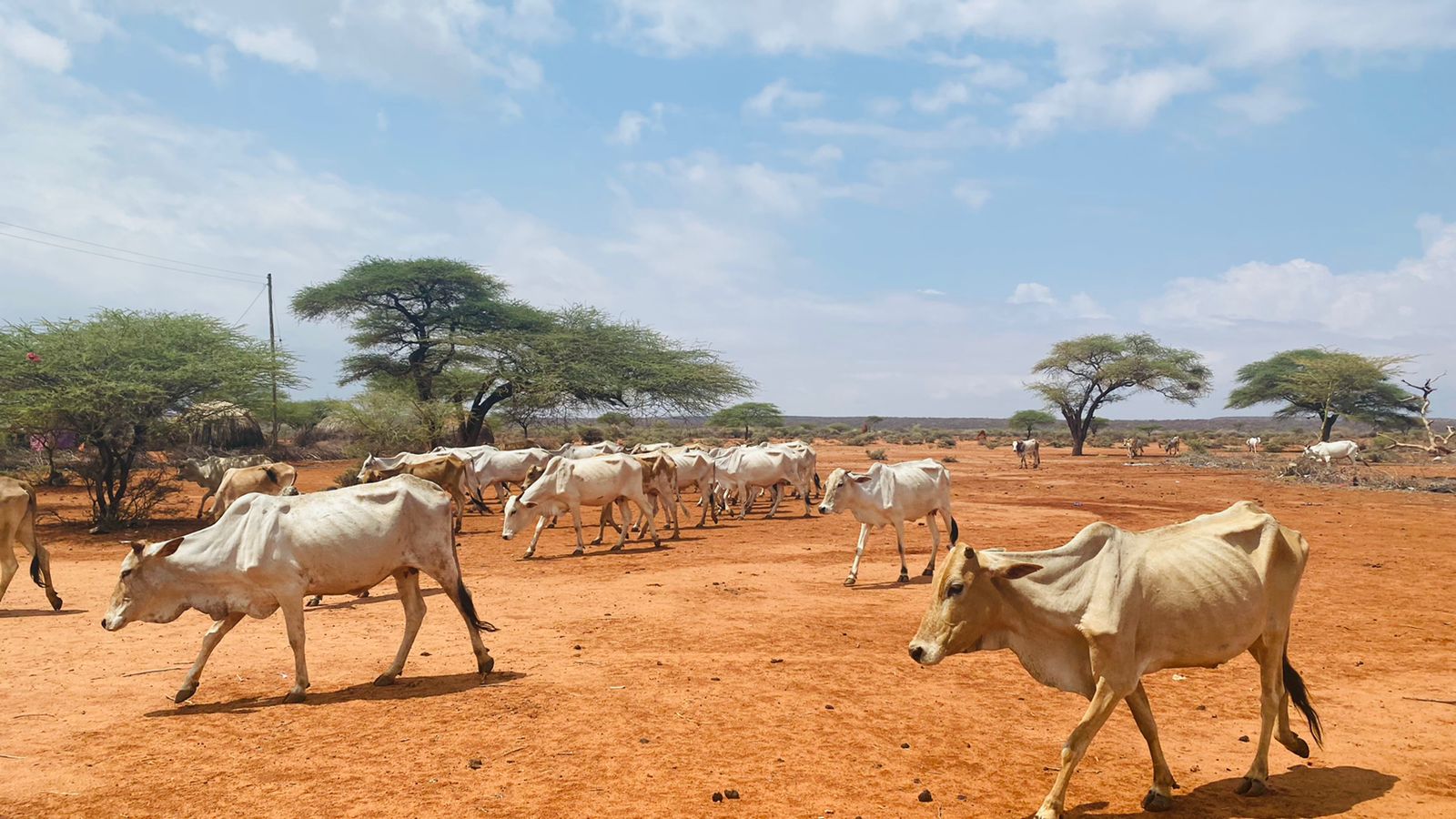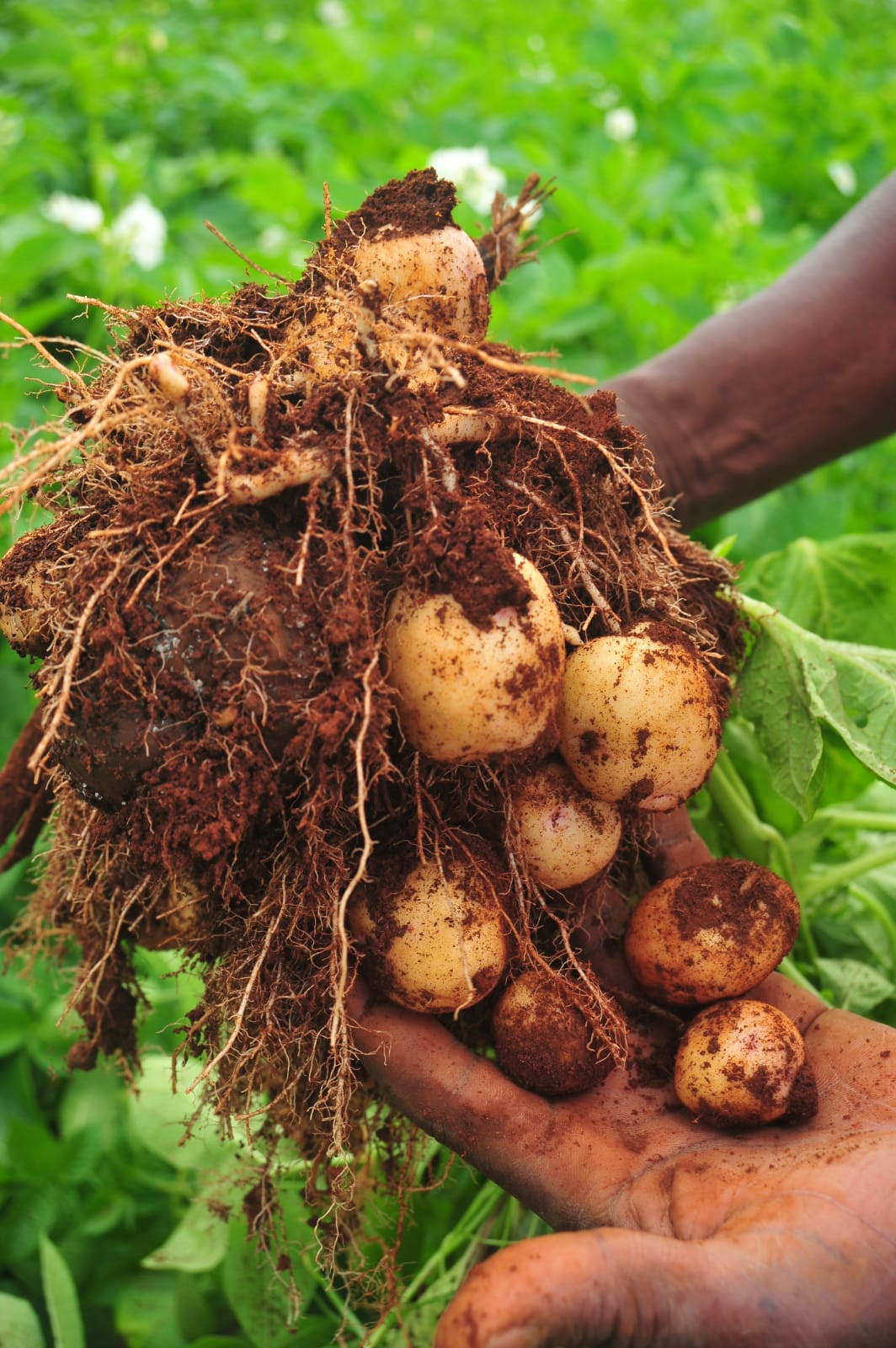Where We focus
Agriculture and Food system
The global population will surpass 9 Billion by 2050, while agricultural production limited both by land and other factors will not meet the increasing food demand unless agricultural systems are improved. According to FAO, almost 690 million people in the world (8.9 percent of the world population) are estimated to have been undernourished in 2019.
Food systems (FS) encompass the entire range of actors and their interlinked value- adding activities involved in the production, aggregation, processing, distribution, consumption and disposal of food products that originate from agriculture, forestry or fisheries, and parts of the broader economic, societal and natural environments in which they are embedded.
In the context of rapid population growth, urbanization, growing wealth, changing consumption patterns, and globalization as well as climate change and the depletion of natural resources, adoption of food system’s approach is critical.
As part of initiatives to end global hunger, Filatec experts in Agriculture and food systems have significantly contributed to adoption and implementation of approaches, policies and transformative solutions across the eastern and southern African countries.
Our Value chain development services in the productive sectors of Agriculture, Livestock, and Fisheries Value Chain include:
- Input system: Seed systems etc
- Climate-smart agriculture
- Skills Development for smallholder farmers: GAP training, Post-harvest management, financial inclusion etc
- Sustainable land use management
- Value addition/processing
- Market system development

Resilience Programming
Resilience can be defined as the ability of people, households, communities, countries, and systems to mitigate, adapt to, and recover from shocks and stresses in a manner that reduces chronic vulnerability and facilitates inclusive growth is critical.
Resilience building relies on integrated programming—across-sectoral approach with a long-term commitment to improving the three critical capacities: absorptive capacity (disaster risk management), adaptive capacity (longer-term livelihood investments), and transformative capacity (improved governance and enabling conditions).
Our integrated approach ensures that partners and sectors work together to address key leverage points and adopt complementary, synergistic strategies that will ultimately strengthen resilience at all levels.
Climate Change &Environmental Sustainability
The links between climate change and sustainable development are strong. Poor and developing countries, mainly least developed countries, will be most adversely affected and least able to cope with anticipated social, economic, and natural shocks due to climate change.
We help organization adopt measures to mitigate the negative impact of climate change for producers in the productive sectors

Private sector development - Inclusive Economic Growth and Trade
In recent years, donors have encouraged the implementation of private sector development (PSD) initiative to support economic growth especially among the developing countries. Private Sector Development (PSD) covers a range of strategies aiming to establish markets that function vibrantly and fairly, providing economic opportunities of quality to poor people at scale. In line with OCED’s approaches for PSD, Filatec expertise help implement inclusive economic models that will create jobs, fuel income growth, and improve the quality of life.
Market systems development (MSD)
Private sector engagement (PSE)
Green Growth
Industrial Policy
Inclusive Business (IB)
Business Environment Reform (BER)
Women’s Economic Empowerment
Local Economic Development (LED) and Clusters
Green Growth
Small Enterprise Development
Employment Creation
Promoting Access to Finance

Knowledge Management and Anlytics
Our teams are trained to undertake independent evaluations/assessments of projects. Project monitoring is designed to examine whether the implementation of project(s) are either on track, or require corrections and improvements to achieve impact and assess after closeout the sustainability and how the project has contributed to the organizational objectives. An essential tool in enabling analysis of programme results, impacts, and outcomes, evaluation provides tangible opportunities for the donor community, the executing agency, and beneficiaries to reflect on the results and gauge best practices as a means of improvement and remediation.